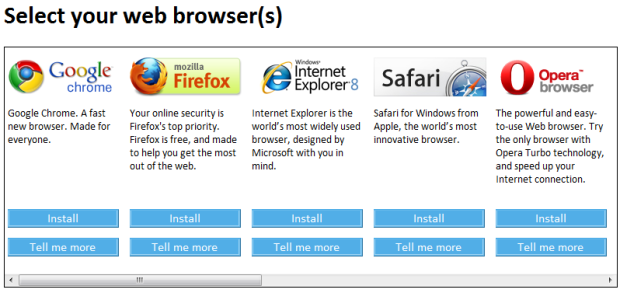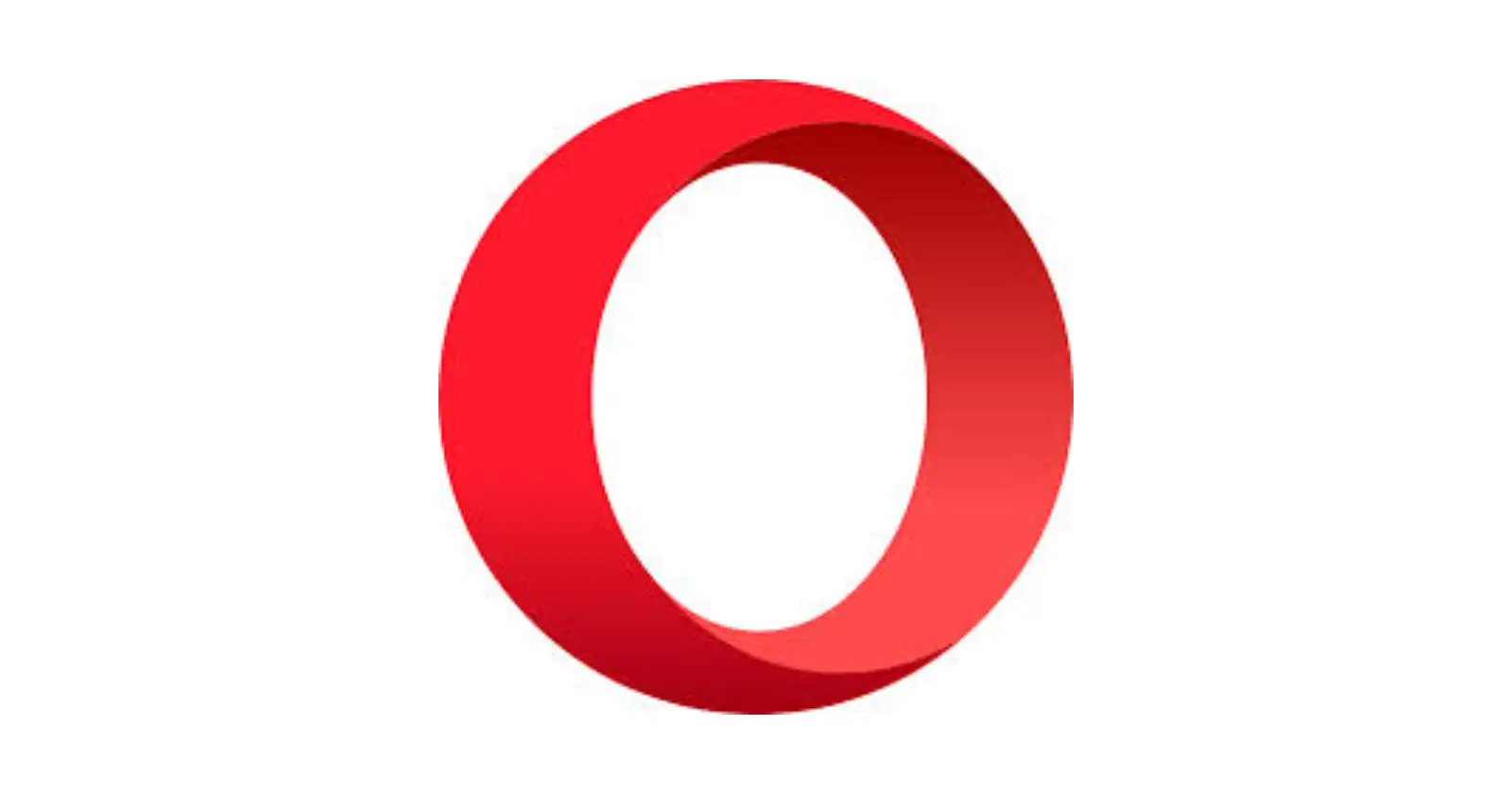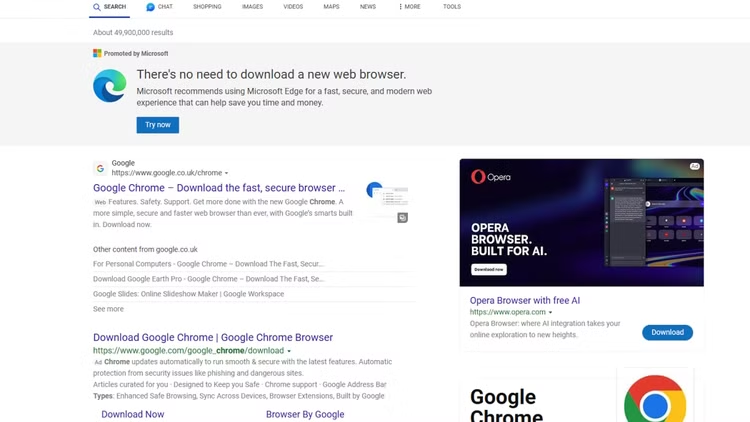Opera has fired a fresh shot in the ongoing battle for internet supremacy, lodging an antitrust complaint against tech giant Microsoft in Brazil. The company is accusing Microsoft of engaging in unfair competitive practices with its Edge browser, alleging that the software giant is actively steering users away from alternative browsers like Opera through various “manipulative design tactics.”
This isn’t the first time Opera has taken on Microsoft regarding browser dominance. The history between these two goes way back, with Opera previously filing a similar complaint with the European Union in 2007. That earlier case ultimately led to a significant fine for Microsoft and the implementation of a “browser ballot screen” in Windows, giving users a choice of popular browsers instead of defaulting to Internet Explorer.

In its latest complaint filed in Brazil, Opera reportedly claims that Microsoft is undermining user choice in several ways. This includes ignoring a user’s default browser preference when opening files like PDFs or links from applications such as Outlook and Teams. The complaint also highlights that links opened through Windows features like Search or Widgets often redirect to Edge, regardless of the user’s chosen browser. Furthermore, Opera alleges that Microsoft displays “obtrusive banners and messages” within Edge itself, trying to discourage users from downloading other browsers even as they search for them.
Aaron McParlan, Opera’s general counsel, stated that Microsoft is effectively thwarting “browser competition on Windows at every turn.” He emphasized that alternative browsers like Opera are not only “locked out of important preinstallation opportunities,” but that Microsoft also “frustrates users’ ability to download and use alternative browsers.” For instance, check out this pop-up when searching for Chrome on Bing.
There are multiple other examples that you can view here.
Brazil was chosen as the location for this complaint because it represents a significant market for Opera, where it holds the position of the third most popular browser. McParlan believes this presents an opportunity for Brazil to take a leading role on what he describes as an “international issue,” given that the alleged practices are pretty much seen in every country.
Opera is seeking remedies from the Brazilian competition authority if its complaint is successful. These include allowing PC manufacturers to pre-load alternative default browsers, stopping Microsoft from blocking consumers from downloading other browsers, and putting an end to dark patterns that push users towards Edge. The company also pointed out that Microsoft allegedly requires original equipment manufacturers (OEMs) to deliver devices with “S mode” as a condition for rebates on a Windows OS license, a practice Opera wants to see outlawed.
While this complaint is specifically in Brazil, it’s part of a broader, global effort by Opera to challenge Microsoft’s Edge practices. Last year, Opera unsuccessfully appealed the EU’s decision not to designate Microsoft Edge as a “gatekeeper” under its Digital Markets Act (DMA) rules. Despite this, Microsoft did make some changes to Windows in EU markets in response to the DMA, leading to a reduction in prompts for Windows users to switch to Edge. However, Opera feels these changes are not enough to ensure effective compliance with the DMA.
TechIssuesToday primarily focuses on publishing 'breaking' or 'exclusive' tech news. This means, we are usually the first news website on the whole Internet to highlight the topics we cover daily. So far, our stories have been picked up by many mainstream technology publications like The Verge, Macrumors, Forbes, etc. To know more, head here.



